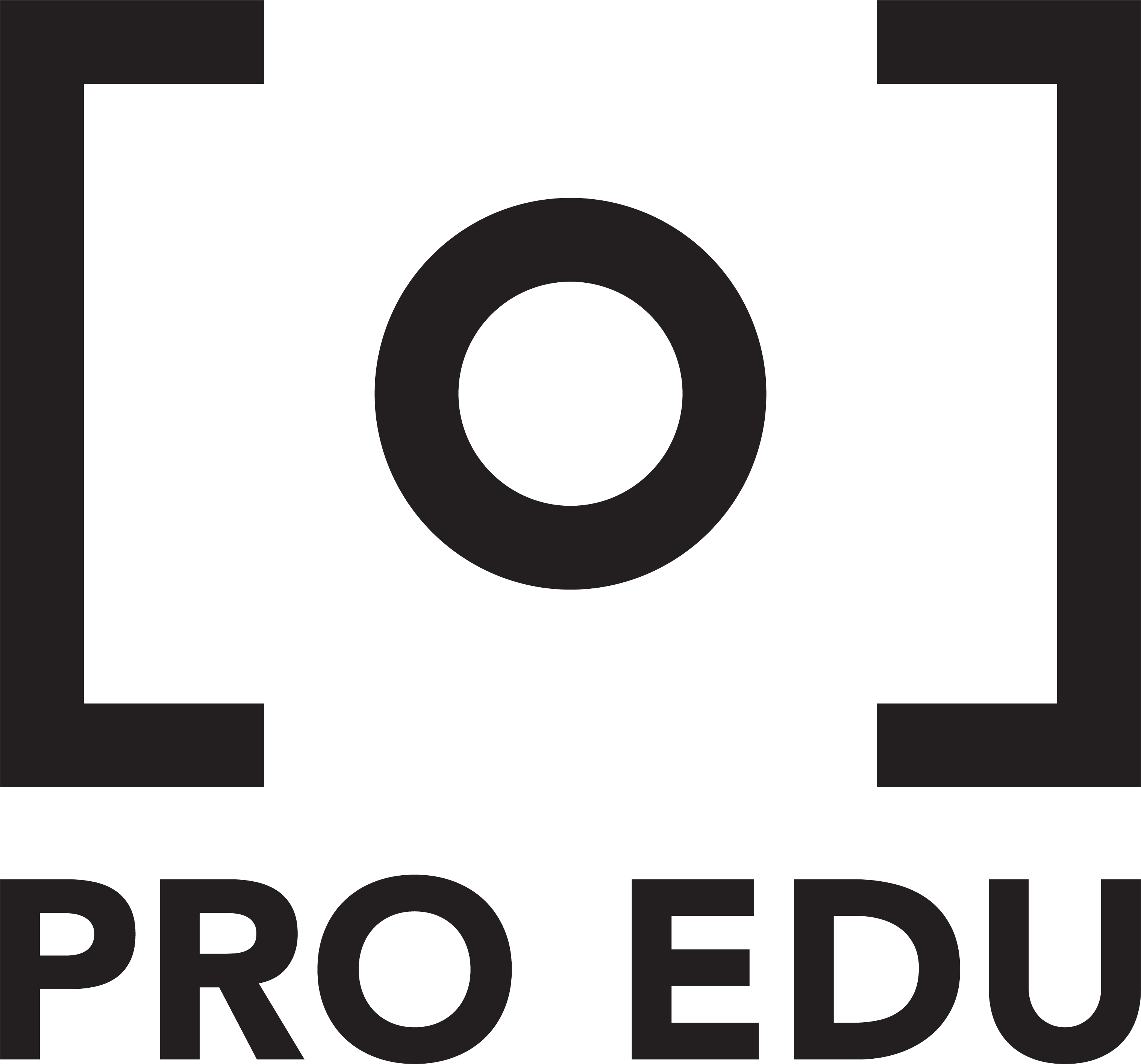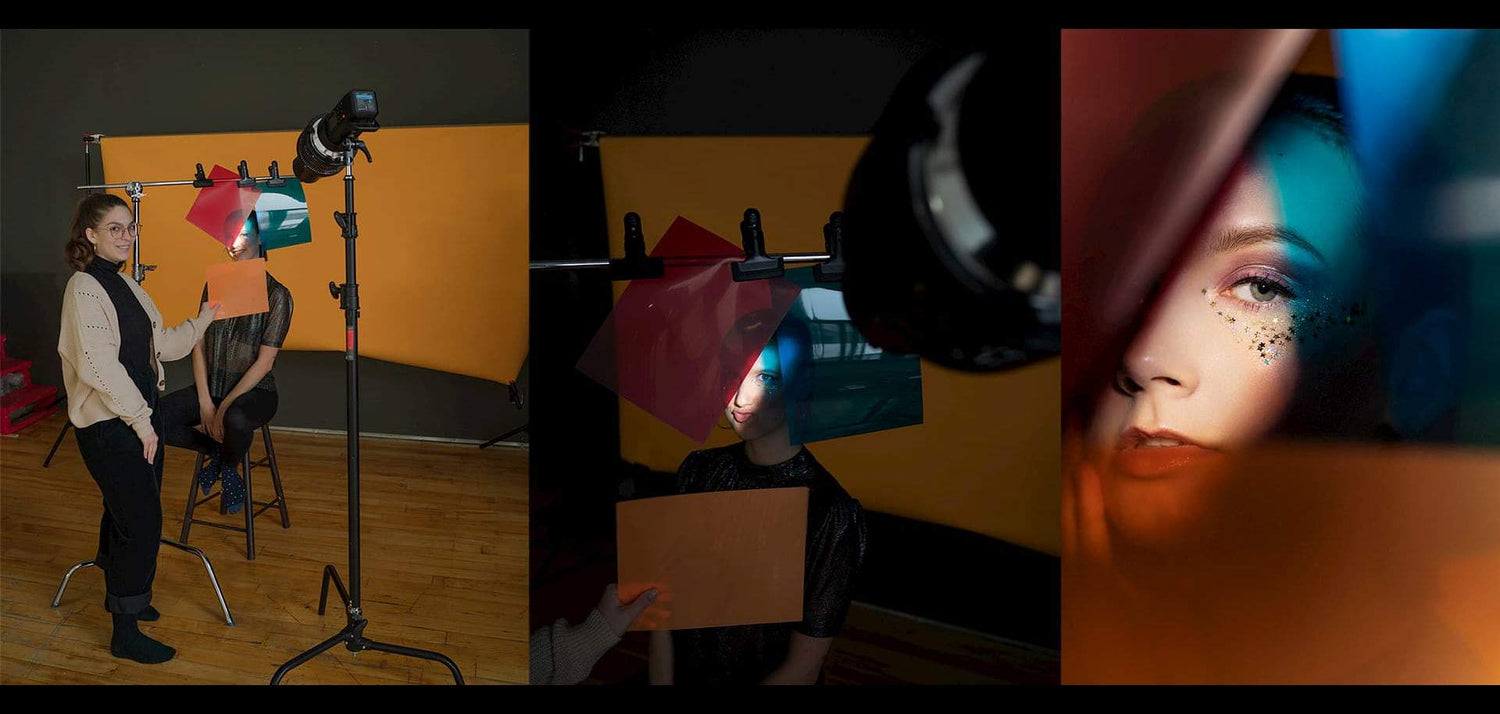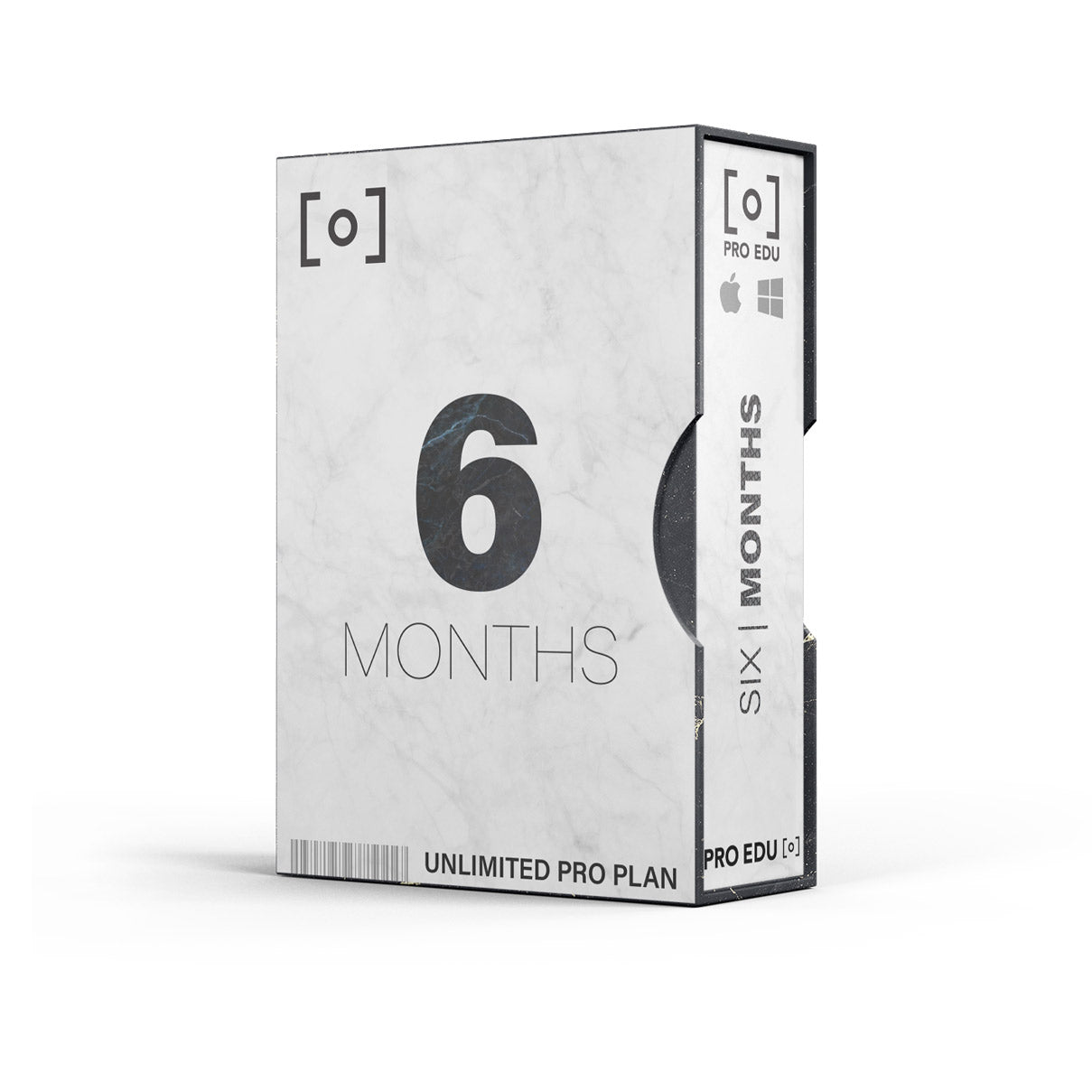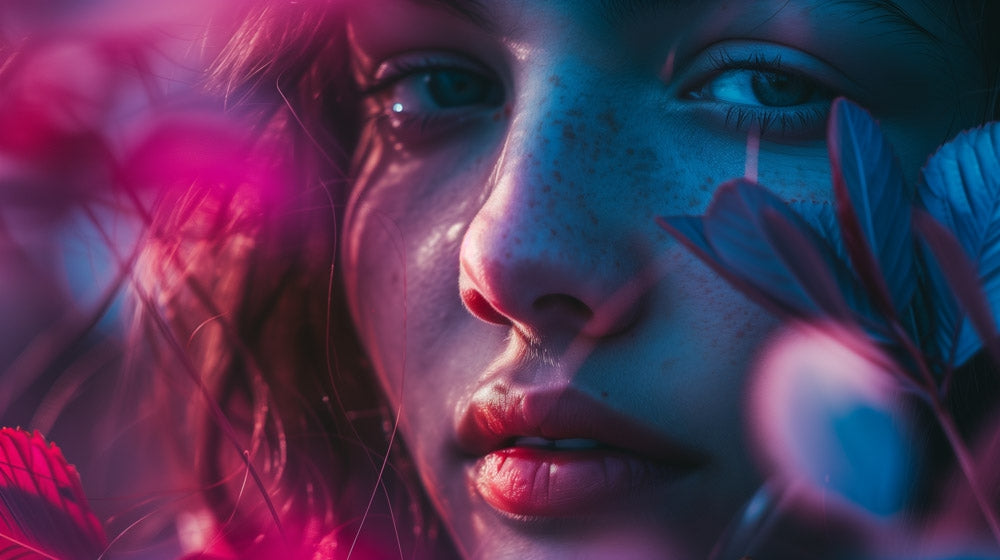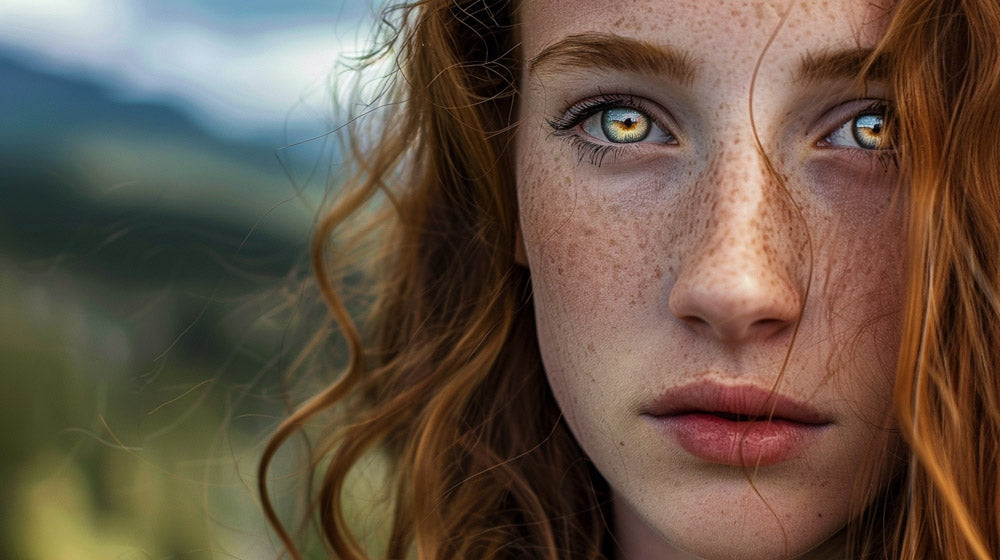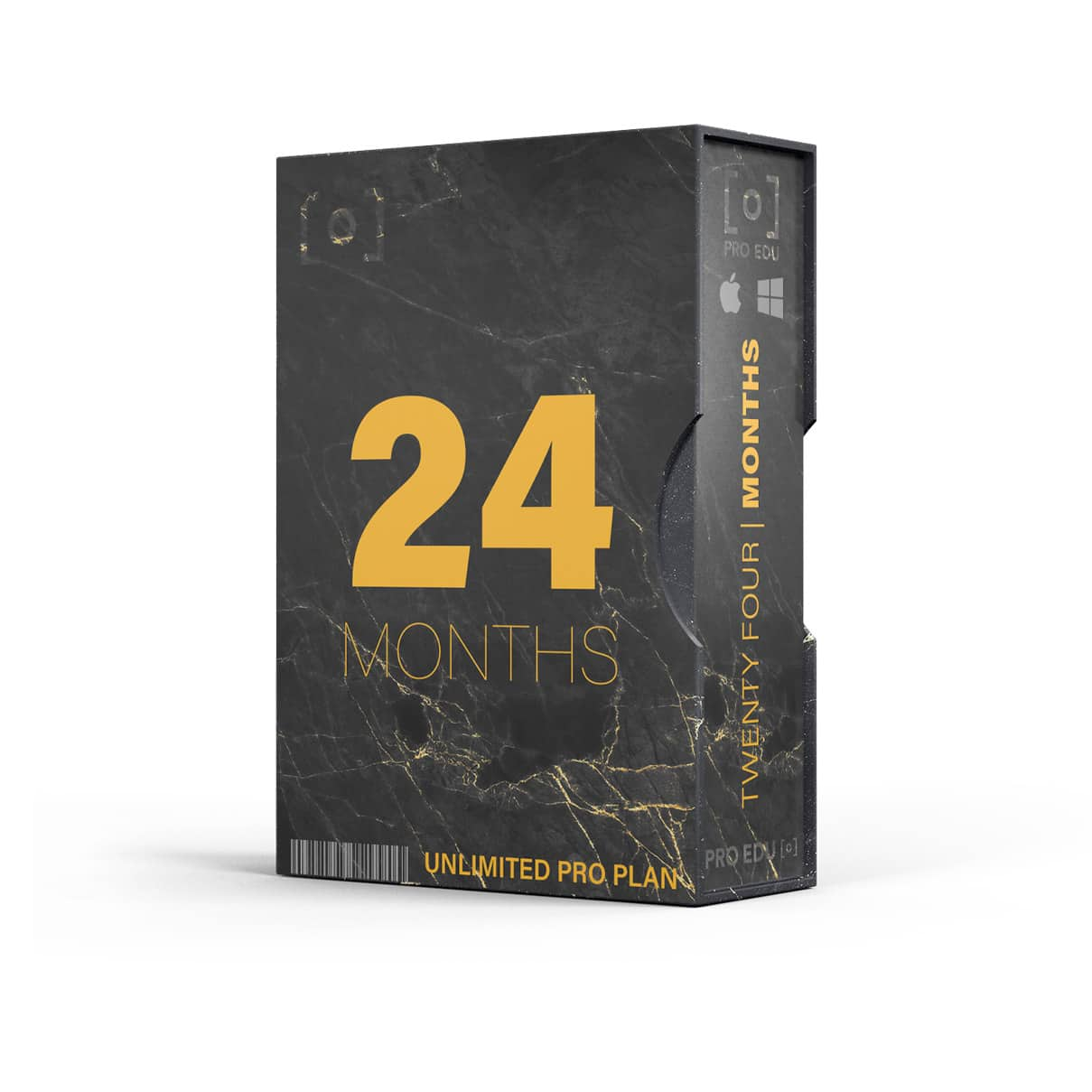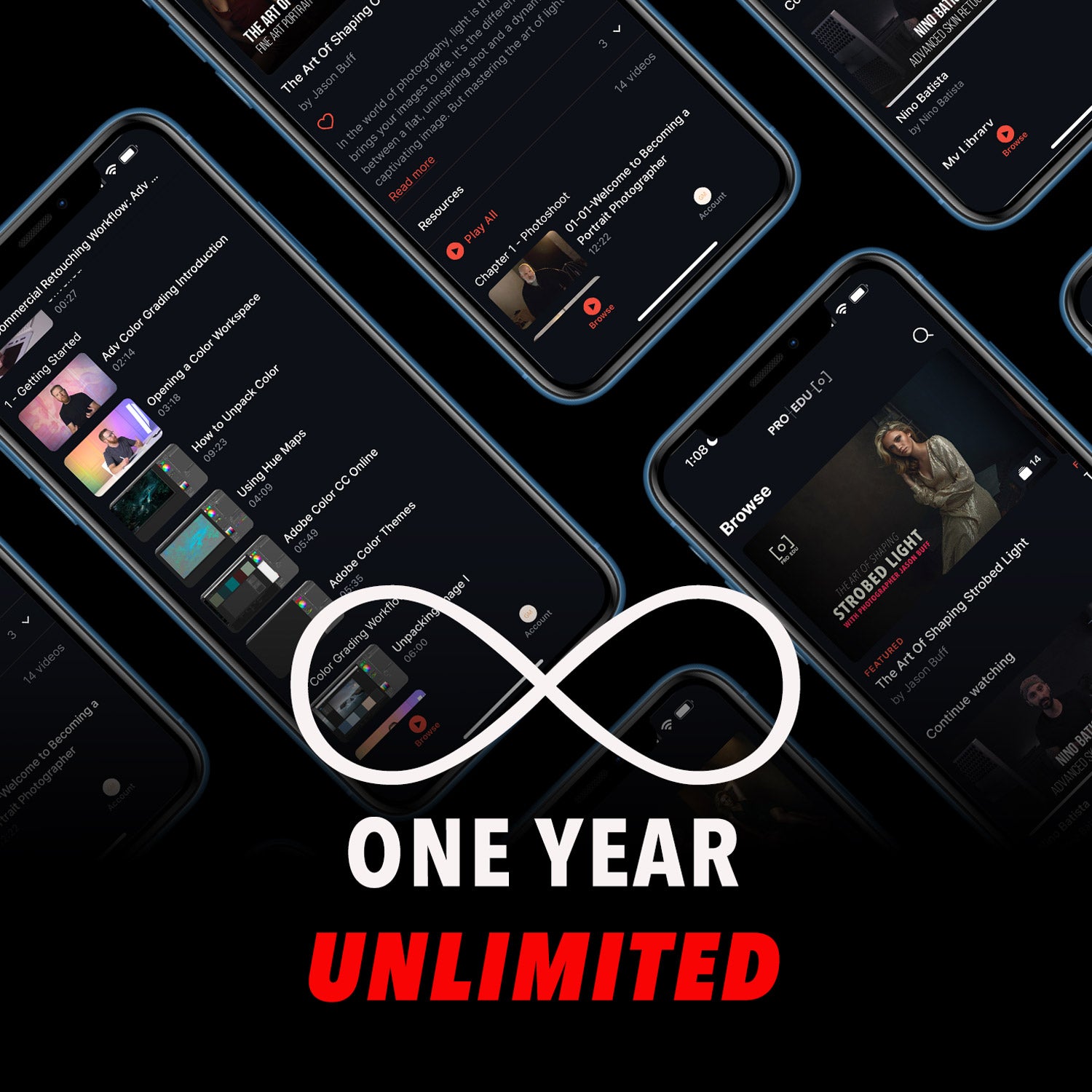I’m going to say something really scary….HARD LIGHT IS THE NEW COOL!
Although most photographers are fans of soft & buttery light, hard light is a really great tool to add diversity to your work. But not all hard light is created equal. There is one particular modifier that gives you ultimate control over your lighting. Let me introduce - snoot photography!
A fair warning; snoots are not for beginners. If you just started on your lighting journey, be aware that the snoot for photography is a difficult lighting modifier.
What is a Snoot and how is it useful?
The snoot was invented a long time ago during early cinema days. It’s main function is simply to narrow a beam of light. In addition, snoots are sometimes called GOBO for either
GOes Between Optics or GOes Before Optics projectors.
In reality, they are 2 different items - we will discuss that later. In any case, the snoot plus the GOBO present the advantage of being able to shape your lighting into any desired pattern - creativity being the only limit on how it can be used.

Photo source: Wikipedia
For the modern photography artist, snooted lighting provides an opportunity to add variety to your portraits without breaking the bank. Let’s review how it works.
A snoot, starts with a basic circular pattern that you can focus or defocus - similar to a lens. Due to the optical and design elements, snoots are different from grids since the outlines are much cleaner. You can use the basic snoot to simulate a stage projector or create a nice ‘spotlight’ effect.

This is the basic pattern of an optical snoot. This was shot using the Sony a7rIII with the Godox ad600 strobe and a bowens mount optical snoot.
In addition, by adding a GOBO insert with a pre-cut design like for the Clar30 in between the light and the optical snoot, you create a shape that you can focus and defocus to your taste. This is where the creativity begins. The number of shapes you can build is truly unlimited.

Here is an example of a snoot with a GOBO insert.
Many snoot projectors for photographers
Here are the most common snoots available. Some use flash, some do not.
- The optical snoot. This one has a large glass element in front of the item projecting the light. Since the glass is large, it requires a little more work to get it sharp without any GOBO inserts. Typically paired with a strobe.
-
The lens assisted snoot. This snoot uses a camera lens to focus the beam of light. Due to its smaller diameter, the lens assisted snoot will create a much sharper light beam since we can focus the light much easier with the lens. This would be the snoot I would recommend for demanding artists.
The CLAR S30 LED light plus the CLAR SA-P Projection attachment provides clean patterns. - The conical snoot - this the low cost option for those who want to try snoots without spending much. Some conical snoots like the MagMod grid are made to accept GOBO patterns. The simple conical snoot, a honeycomb grid can be added in front of the snoot, to narrow the light even further.
Practical tips on how to work with a snoot
I have used a snoot on a couple of shoots, and it’s been quite the modifier. For its low price, the snoot adds tons of diversity to your shoot but it requires the following to make it work.
-
Patience - The version that you will be using will influence your experience. What they all share in common is the fact that it requires a great level of precision when using GOBO inserts, especially on a human subject. Getting the right pattern size plus the sharpness plus the exposure is challenging. Make sure to communicate that with your subject!
-
Modeling Light - if you use flash - your strobe’s modeling light is crucial. Using the modeling light from a strobe enables you to see how the light is behaving and if it’s sharp enough for your photography project. This is critical to use this modifier and this is where having a strobe with a decent modeling light - like the Flashpoint ad400 Pro 30W LED bulb will become handy.
Otherwise, it’s “test and repeat” until you get it right! -
The Investment - Spending a little more here will make your life easier. With less expensive snoots, the basic rules of photography apply even more. Distance affects the quality of light and you will have to use distance to control sharpness. If your studio is small, this will make a snoot harder to use.
If your budget is limited, combat that by explaining to your subject that this is a slow modifier and needs a little more TLC. Or, open up your wallet a little more to get a better solution. - DIY GOBO’s - The pre-cut GOBO selection is limited but…YOU CAN CREATE YOUR OWN! It’s super simple! You can learn how to do so in this short video. So do watch that to learn how and get creative!
Conclusion
Overall, having a snoot in the studio opens TONS of new doors in terms of lighting and dramatic lighting. Although challenging, if you ever felt stuck in your creativity, the snoot might beam a light (pun intended) and reinvigorate your idea machine. Grab one and do share the results with us!

YvensB is a sports and fitness photographer located in beautiful Montreal, Canada. I spread the good word on lighting on Instagram and YouTube.
90 Days Of Content
Over the next 90 days we are going to be working with some top artists to explore recommendations giving you solutions to problems we have all gone through. We are paying the writers a really fair wage for every original article, and we are writing about things that aren’t sponsored by any brand. There is no one but our opinion behind it. We would love it if you do use our affiliate links here so we can continue to keep writing awesome articles that you can trust.

